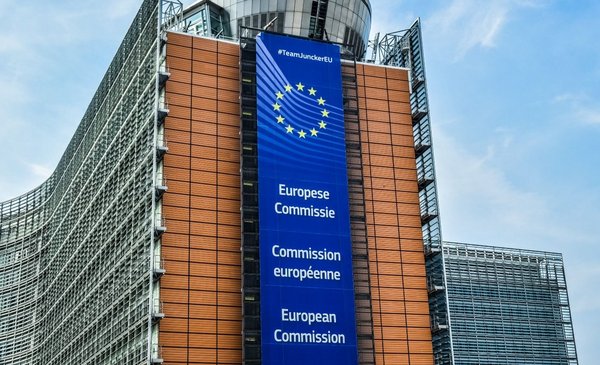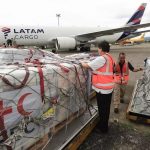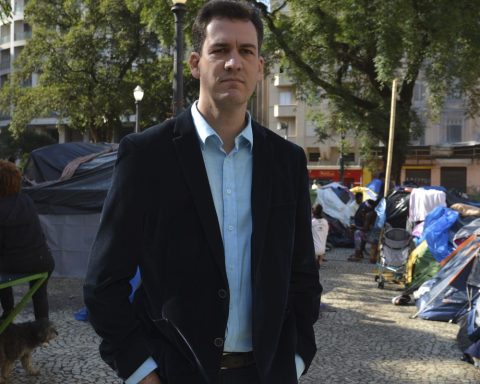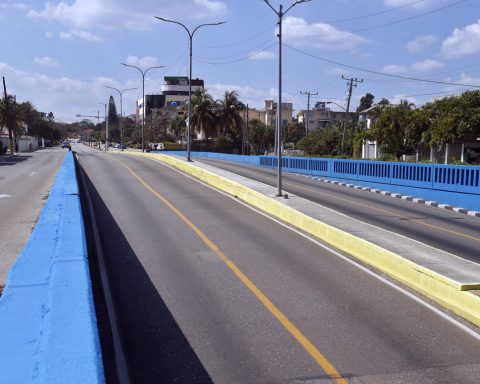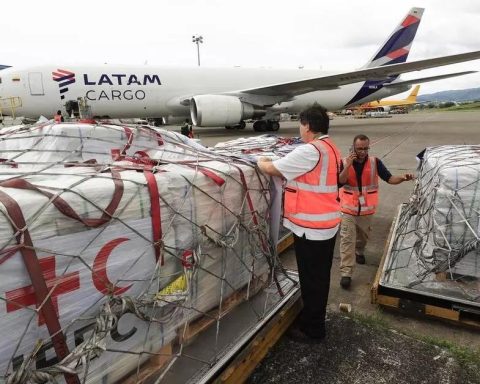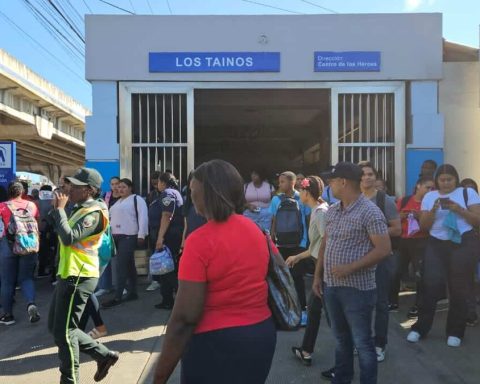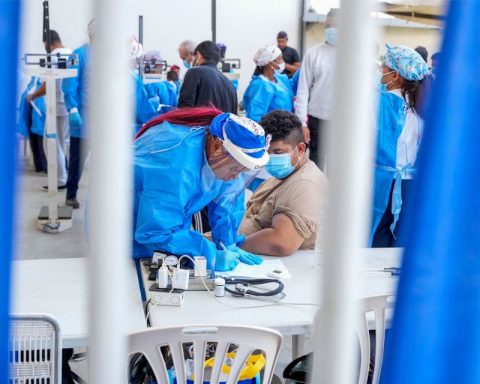On February 24, after weeks of speculative gaming and frustrated attempts to stop what seemed inevitable, Russia bombed Ukraine. That Thursday in Moscow, Russian President Vladimir Putin announced that he had decided to launch aspecial military operation” to respond to the call for help from the “Republic of Donbas” and with the aim of “demilitarizing” and “denazifying” Ukraine.
That day, in addition to starting the war, the global geopolitical context was changed and in a matter of weeks, the objectives, needs and priorities of the world’s largest countries underwent major changes or had to be addressed more quickly.
The 27 countries of the European Union (EU), like United States, different sanctions —mainly economic— were imposed on Russia for its invasion of Ukraine. From the blockade of the international currency reserves of the Russian Central Bank to the freezing of the assets of Putin and hundreds of Russian politicians and oligarchs, among others.
It could be thought that it is a momentary situation but It does not seem feasible that, once the war is over, the relations of the different countries with Russia will not be the same again. What is the problem? That the relations are bilateral and although the countries can sanction Russia, they also depend a lot on what the Soviets give them.
The EU has a relevant dependency with Russia in the supply energy, raw materials and food. Russia exported during 2021 about 45% of the gas that was consumed in the entire block. The Russians also sold almost 26% of its oil and 46% of its coal to the European bloc.
But in addition, Russia and Ukraine contribute the 28% global wheat exports, 20% of corn and 80% of sunflower oil. Added to this is the preponderant role of the Russian fertilizers in global food chains.
The importance of Russian and Ukrainian exports to the world is beyond dispute. What has accelerated in the EU is the discussion about minimizing that dependence on Russia. In that context, it is back on the table the agreement between Mercosur and the EU as an alternative for the supply of gas, oil and raw materials.
that deal had stalled in October 2020 after a two-decade negotiation. However, a few weeks ago, from the German Foreign Office confirmed to Deutsche Welle (DW) that the country “supports the realization of an ambitious EU-Mercosur agreement for geostrategic, economic, foreign policy and sustainability reasons” as long as “partner countries assume legally binding commitments on environmental, social and human rights protection that can be applied and verified”.
AFP
expectation and caution
Gonzalo Oleggini, international business and logistics consultanttold El Observador that Mercosur has a “extra advantage” since the last opportunity in which the agreement was about to be closed, the EU “it was protected because it had regional and local suppliers”. However now”wants to change to one of those providers and it is the opportunity to get involved”.
According to Oleggini, if Argentina and Brazil could provide 10% nothing more than the energy that Russia sells todaywe would be talking about $3 billion per month.
“Brazil is one of the main world producers of ethanol and is an oil producing country with the capacity to grow in exports” while Argentina “It has the second largest gas reserves in the world and also has oil”, he explained.
However, the expert warned that Brazil is organized “how to increase your offer” energetic and “can respond in the short term” while in the case of Argentina it is necessary to think more about a “medium and long term” since it is a country in which it is “difficult to achieve investments due to its lack of reliability”.
With the same reading, the expert referred to food production and highlighted Argentina as one of the main producers of wheat and Brazil of corn. “We are talking about a historic opportunity from the productive point of view”, he assured. In any case, he pointed out that Argentina “should produce double or triple to be able to reach the European market”.
According to the international business and logistics consultant, there is a political challenge for the EU-Mercosur agreement, which are the approaches between the governments of Argentina and Brazil with Russian President Vladimir Putin. The Argentine president, Alberto Fernández, met with Putin in Moscow on February 3, while Bolsonaro did so on the 16th of the same month. Both meetings aimed, mainly, economic cooperation between countries. “It is not easy that now Argentina and Brazil, who are the ones who can command a negotiation with the EU, agree to speed up that process when they have made a strategic partnership with Russia itself while the EU is telling you ‘I want an agreement with you to replace Russia as my supplier’”, he alerted.

AFP
Marcos Soto, dean of the UCU Business Schoolwas shown more “skeptical” regarding the possibility of advancing the agreement. “This conjunctural situation does not really modify the substantive differences that exist between Mercosur and the EU. In addition, the expectation is that this armed conflict will not last long, so I do not believe that the EU will relegate its objections to the agreement due to a circumstantial eventuality.“, I consider.
Soto said to be “cautious” and argued that while it is likely that the sanctions imposed on Russia should exceed the duration of the armed conflict“it is also true that later the economic interests and urgencies begin to prevail. What is happening with the embargo on Iran is a good example. Iran was sanctioned and as resources begin to be specified —especially oil— the sanctions are lifted”, he pointed.
The expert stated that “underlying differences remain” and that to the extent that “there are no changes linked to positions within Mercosur and active policies – especially environmental – it is difficult to reach an agreement”.
In any case, both Oleggini and Soto agreed that it is necessary for Mercosur to have an active position in pursuit of the reactivation of the negotiations. “As Mercosur we must pool our negotiating skills and see what chance there is of taking this up again”, raised Oleggini. In this sense, he added that “now it’s time for proactivity from our foreign ministries and our negotiators, who are referenced to the negotiations”.
Soto, for his part, maintained that “This possible window should be taken advantage of to return to moving the papers, notify and return to the issues that are pending” with a Mercosur “active and buckled or with unique voices”.
Ambassador: “Confidence was never lost”
Paolo Berizzi, EU Ambassador to Uruguaytold El Observador that although from the block “confidence was never lost that the agreement could be signed” and remain “optimists“, It is true that “the war situation” could speed up its ratification.
Berizzi explained that it is difficult for relations with Russia can go back to what they were before and recognized that he is looking for reduce the EU’s dependence on energy and raw materials with that country. “It is a bit premature to say so, but relations with Latin America can improve precisely because of the hole created in the relationship with Russia due to its illegal invasion of Ukraine”, he stated.
“We are looking at 360 degrees. Starting with emergencies and then moving on to less urgent raw materials. The idea is indeed diversify our suppliers and, at the same time, increase our autonomy in essential products such as drug components and energy sources”, he explained.
The diplomat stressed that at this moment Europe is evaluating in a good way “the behavior of Latin American partners” against the war between Russia and Ukraine. “The position of the South American partners is creating a positive image in Europe that can help finally close the issue of the agreement”, he added.
For Berizzi, the approach It may be more on the political side than on the economic side.. “I don’t know if there are going to be more exports because the EU is going to look for other markets, that all remains to be seen, but if a political plan since from the European side it is much better to see what Latin America is doing and the importance of values in international relations“, he pointed.
“Having reliable partners who not only buy your product but respect democracies, human rights, international law and do not violate borders this brings back the importance of the reliability of partners both in political and commercial matters and can help to bring the positions closer to finalize this agreement”, expressed the diplomat.
